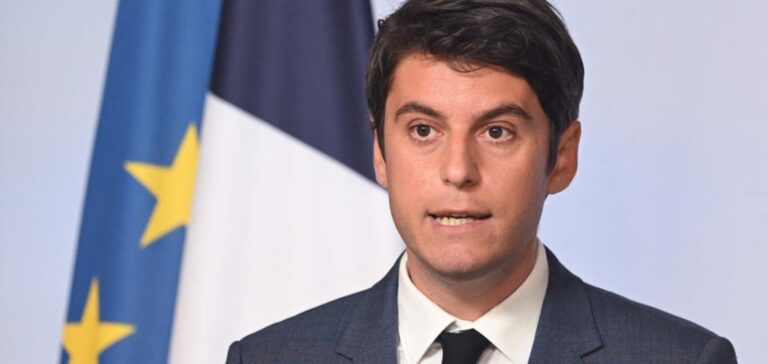In 2023, the electricity and gas bill for government buildings will have fallen by a significant 150 million euros compared with 2022, Gabriel Attal revealed in Paris. This reduction, presented as a victory for “energy sobriety”, is the result of an effort initiated in 2022 in the face of supply tensions due to the situation in Ukraine. The Prime Minister pointed to an 11% reduction in gas consumption and a 7% drop in electricity consumption.
Objectives of the ecological transformation plan
The government unveiled its “ecological transformation” plan at the Muséum national d’histoire naturelle, aiming to reduce the state’s energy consumption by 10% between 2019 and 2024. With a more ambitious target set for 2027, the plan calls for a 25% reduction in gas and electricity consumption compared with 2022. The state’s energy consumption had reached 20 terawatt-hours by 2019.
Savings and future projects
“This is unprecedented. 150 million euros, that’s the cost of a beautiful new hospital, that’s what has been saved for the State budget thanks to energy sobriety,” said Gabriel Attal, illustrating the financial impact of these savings. The Prime Minister also announced a target of 200 million euros in energy savings by 2024.
Monitoring the State’s energy consumption
Despite these successes, energy consumption monitoring remains incomplete. The number of government buildings whose energy consumption can be monitored on a daily basis will rise from 5,000 in 2021 to 25,000 in 2024. Of the 190,000 buildings in the French government’s building stock, 80% are scheduled to be connected to this real-time monitoring system.
In 2024, 900 million euros will be allocated to the thermal renovation of government buildings, Gabriel Attal added. This work should help further reduce energy consumption, in line with ongoing efforts to reduce energy consumption.






















